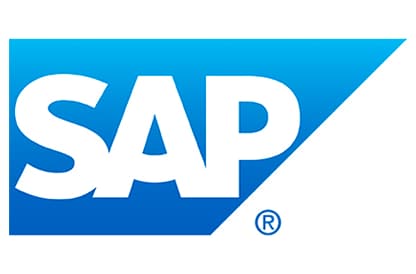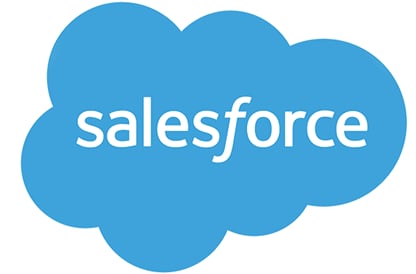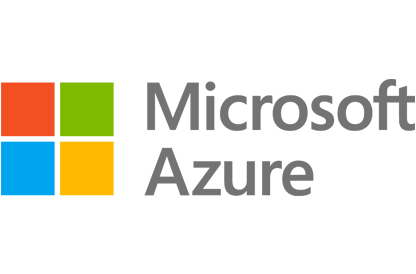Sweden has one of the world’s oldest laws around freedom of the press and freedom of expression, dating back to the Freedom of the Press Ordinance of 1766. Today, the Swedish Constitution requires that information collected or created by authorities be preserved and made open to the public.
“To meet the requirements of Swedish and European law, we must respond to freedom of information (FOI) requests within a set period of time,” says Mikael Pankko, Unit Manager – Staff and Development at Region Skåne.
Creating a central record management platform
Region Skåne relied on many different systems and repositories to store and manage digital information. These ranged from purpose-built document management tools to informal solutions, such as email inboxes, shared drives and external storage media.
“We have a dedicated record-keeping team, which is responsible for handling FOI requests from the public, alongside other administrative duties,” Pankko says. “When we receive an FOI request, the team assigns it a unique case number, contacts the relevant teams in the organization to find the information and then reports back to the person who made the request.”
In the past, Region Skåne’s record-keeping team depended on several manual methods, such as emails and phone calls, to track down the information it needed. Because information was scattered in many locations, searching for information was a time-consuming process, and in some cases employees were unable to find the requested information at all.
“Region Skåne identified an opportunity to dramatically improve the efficiency, transparency and control of information management,” Pankko says. “The aim was to move from multiple, scattered approaches for storing information to a single, central and secure platform for all record-keeping.”
Selecting an information management solution
Key criteria for the new information management platform included the ability to search quickly and effectively for text and metadata in any part of a document, to meet rigorous information security and data governance policies and to scale to support millions of documents.
After a thorough evaluation process, Region Skåne selected OpenText™ Extended ECM, OpenText™ Exstream™ and OpenText™ AppWorks™ as the foundation for its new approach to information management. By combining document and case management capabilities, the OpenText platform will empower the organization to address multiple use cases—from FOI requests and beyond.
Region Skåne has begun its deployment, starting with Extended ECM. Today, about 2,000 employees are using the solution as their document management platform, including the organization’s record-keeping and political administration teams. Region Skåne is also using Exstream to create and manage document templates improving the efficiency of communicating with citizens and other municipal stakeholders.
“Our goal is that all 35,000 Region Skåne employees will use OpenText Extended ECM Platform as their single document repository—allowing them to collaborate more effectively,” Pankko says. “We’re currently enhancing Extended ECM with the latest user interface, after which we will continue the rollout across other departments in Region Skåne. We will also be carrying out a farreaching document discovery exercise, which will help us locate all the records that should be migrated to the new platform.”






 Region Skåne
Region Skåne


